Šešelj counting on early release?
Speculation that SRS leader Vojislav Šešelj will soon be a free man intensified after he announced today that he would not be putting up a defense in his trial.
Thursday, 22.01.2009.
15:38

Speculation that SRS leader Vojislav Seselj will soon be a free man intensified after he announced today that he would not be putting up a defense in his trial. However, Tribunal practice at the Hague, as well as yesterday’s raising of a new indictment against Seselj for contempt of court could yet scupper his plans, albeit temporarily. Seselj counting on early release? The Serb Radical Party (SRS) informed the court at his first appearance of the new year that he would be not be presenting a case for the defense, and that he had tasked his legal adviser Zoran Krasic with preparing a closing statement for him to deliver as soon as the prosecution rested its case, for which they have another 18 working hours. Although Seselj said at the time that he was waiving his defense because the Tribunal was monitoring all contacts with his legal advisers and was refusing to finance his defense, it is believed that the accused expects a short sentence or even an acquittal, after which he could soon be released. The court did not wish to comment on this possibility, but said that they had not received any written notification from Seselj that he would not be presenting a case. The Tribunal also refuses to speculate as to whether this would hasten delivery of the verdict, adding that, under procedure, in the event of defendants waiving their right to a defense, the judges retire to write their verdict. Under Tribunal practice, time served in custody is factored into sentences, though, in almost all cases, prisoners were released after serving two-thirds of their sentence. Besides the fact that it is far from certain that the accused will receive a short sentence or be acquitted, Seselj’s plans for a speedy release could also be frustrated by the new charge of contempt of court, which if successful, could lengthen his stay in Scheveningen further. Verdicts in trials for contempt of court are delivered no quicker than in war crimes trials. For example, Astrit Haraqija and Bajrush Morina were sentenced to five and three months respectively for witness intimidation in the Ramush Haradinaj case five months before the case’s end, and, though no time frame is stipulated for delivering a verdict in such cases, it has never taken longer than 10 months. Last week, the prosecution in the Seselj case called for a suspension of proceedings owing to threats to witnesses’ security, which the presiding judge rejected, stating that, at this stage, it was better to press on with the trial. The SRS leader, who has been in custody at the Hague since February 2003 and whose trial began in November 2007, is accused of crimes against Croats and Muslims in Croatia, Bosnia and Vojvodina between 1991 and 1993. Vojislav Seselj (FoNet, archive)
Šešelj counting on early release?
The Serb Radical Party (SRS) informed the court at his first appearance of the new year that he would be not be presenting a case for the defense, and that he had tasked his legal adviser Zoran Krasić with preparing a closing statement for him to deliver as soon as the prosecution rested its case, for which they have another 18 working hours.Although Šešelj said at the time that he was waiving his defense because the Tribunal was monitoring all contacts with his legal advisers and was refusing to finance his defense, it is believed that the accused expects a short sentence or even an acquittal, after which he could soon be released.
The court did not wish to comment on this possibility, but said that they had not received any written notification from Šešelj that he would not be presenting a case.
The Tribunal also refuses to speculate as to whether this would hasten delivery of the verdict, adding that, under procedure, in the event of defendants waiving their right to a defense, the judges retire to write their verdict.
Under Tribunal practice, time served in custody is factored into sentences, though, in almost all cases, prisoners were released after serving two-thirds of their sentence.
Besides the fact that it is far from certain that the accused will receive a short sentence or be acquitted, Šešelj’s plans for a speedy release could also be frustrated by the new charge of contempt of court, which if successful, could lengthen his stay in Scheveningen further.
Verdicts in trials for contempt of court are delivered no quicker than in war crimes trials. For example, Astrit Haraqija and Bajrush Morina were sentenced to five and three months respectively for witness intimidation in the Ramush Haradinaj case five months before the case’s end, and, though no time frame is stipulated for delivering a verdict in such cases, it has never taken longer than 10 months.
Last week, the prosecution in the Šešelj case called for a suspension of proceedings owing to threats to witnesses’ security, which the presiding judge rejected, stating that, at this stage, it was better to press on with the trial.
The SRS leader, who has been in custody at the Hague since February 2003 and whose trial began in November 2007, is accused of crimes against Croats and Muslims in Croatia, Bosnia and Vojvodina between 1991 and 1993.




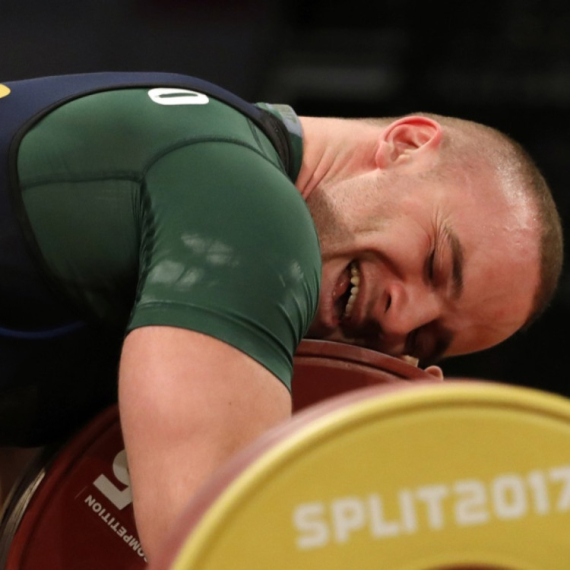
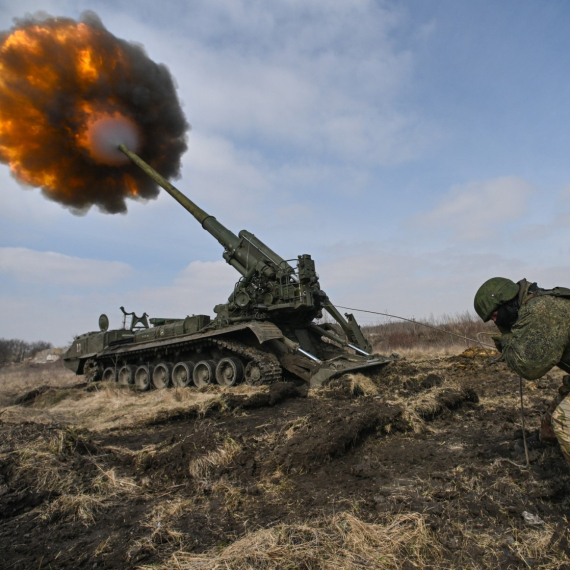









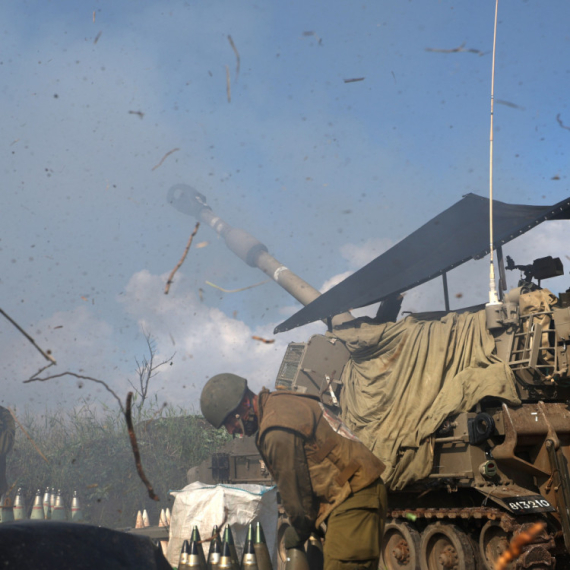















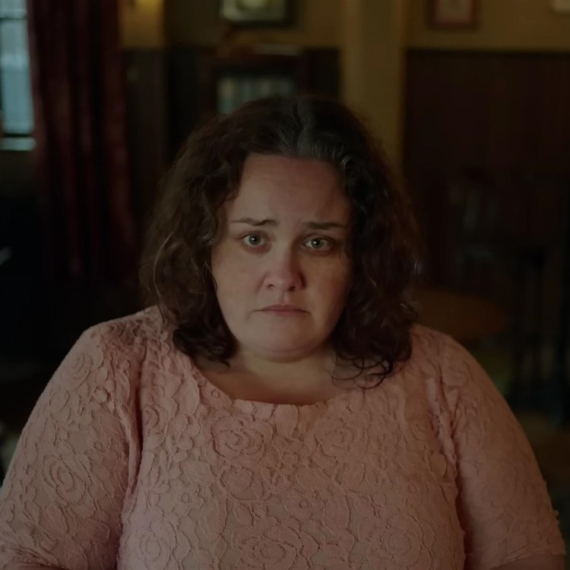





















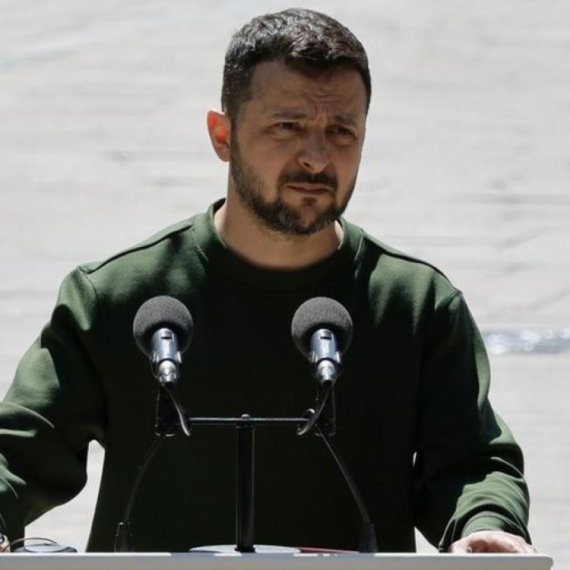





Komentari 7
Pogledaj komentare